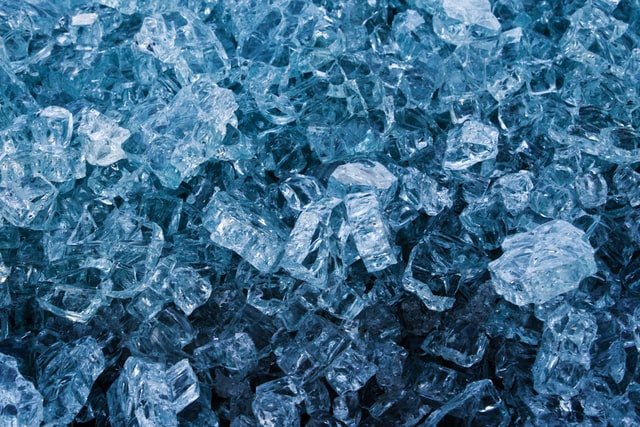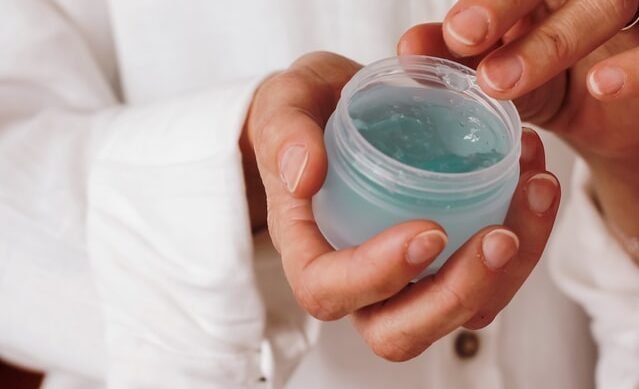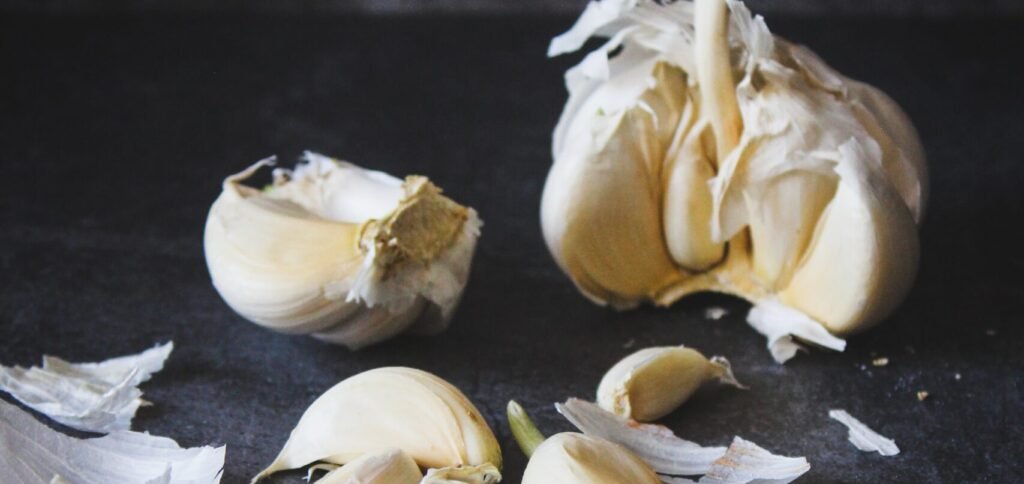Tooth Pain Relief
Suffering from tooth pain is never fun for anyone. If you are afflicted with a toothache, please call your dentist to set an appointment, especially if it is persistent, or prevents you from doing simple activities, like sleeping.
Cold Compress

Elevating Your Head

Medicated Ointments
If the gel is for a child, please contact a professional first, ingredients such as benzocaine are not suitable for children.

Do you have a toothache?
Calling us is free!
Salt Water Rinse
To properly rinse your mouth with salt do this:
- Fill an 8-ounce glass with water.
- Add a half-teaspoon of salt (no need to be exact, if you have experience cooking, just imagine a healthy “pinch or two”)
- Pour the solution into your mouth and swish it around for 30 seconds
- Spit the solution out afterward and rinse your mouth with normal water to get rid of any unpleasant after taste.

Hydrogen Peroxide Rinse
Be careful when washing with hydrogen peroxide:
- Grab a small cup.
- Mix in a half and half (equal parts) solution of hydrogen peroxide and water
- Pour the mix into your mouth and swish it around for 30 sec, do not swallow the mix.
- Without swallowing any of the mix, spit it into the sink.
- Rinse your mouth with just water to get rid of any remaining solution.
- Finally, spit that into the sink as well, continue with your standard routine.

Garlic
If you have real garlic cloves, not garlic powder, you treat your toothache with these steps:
Method 1 – Chew it
Using the affected tooth:
- Gently chew on the unbroken garlic clove (this releases allicin which is antibacterial).
- Allow the chewed cloves to rest on the tooth for 30 sec to 1 minute.
- Brush with toothpaste, or rinse with mouthwash to get rid of any unpleasant taste.
Method 2 – Make a paste
- Grab any size dinner spoon.
- Using the back of the spoon, crush the garlic.
- Optionally mix the salt into the paste for extra antibacterial properties.
- Immediately after crushing the garlic, use your fingers and gently apply the past to your affected tooth.

frequently asked questions on Tooth Pain Relief
Toothaches can be caused by:
- Tooth decay.
- Abscessed tooth (a bacterial infection inside the center of the tooth).
- Tooth fracture (broken tooth).
- A damaged filling.
- Repetitive motions, such as chewing gum or grinding or clenching teeth.
- These motions can wear down your teeth.
- Infected gums.
- Eruption (teeth coming out of the gums) or removal of a tooth (for example, wisdom teeth).
It can go away on its own, however, if your toothache is disruptive, or lasts more than 2-3 days please call a dentist.
Brushing, flossing, and rinsing with mouthwash 2-3 times daily. Often toothaches are caused by food stuck in the gum, brushing alone is not enough to get these particles out. Having good flossing technique is crucial.


